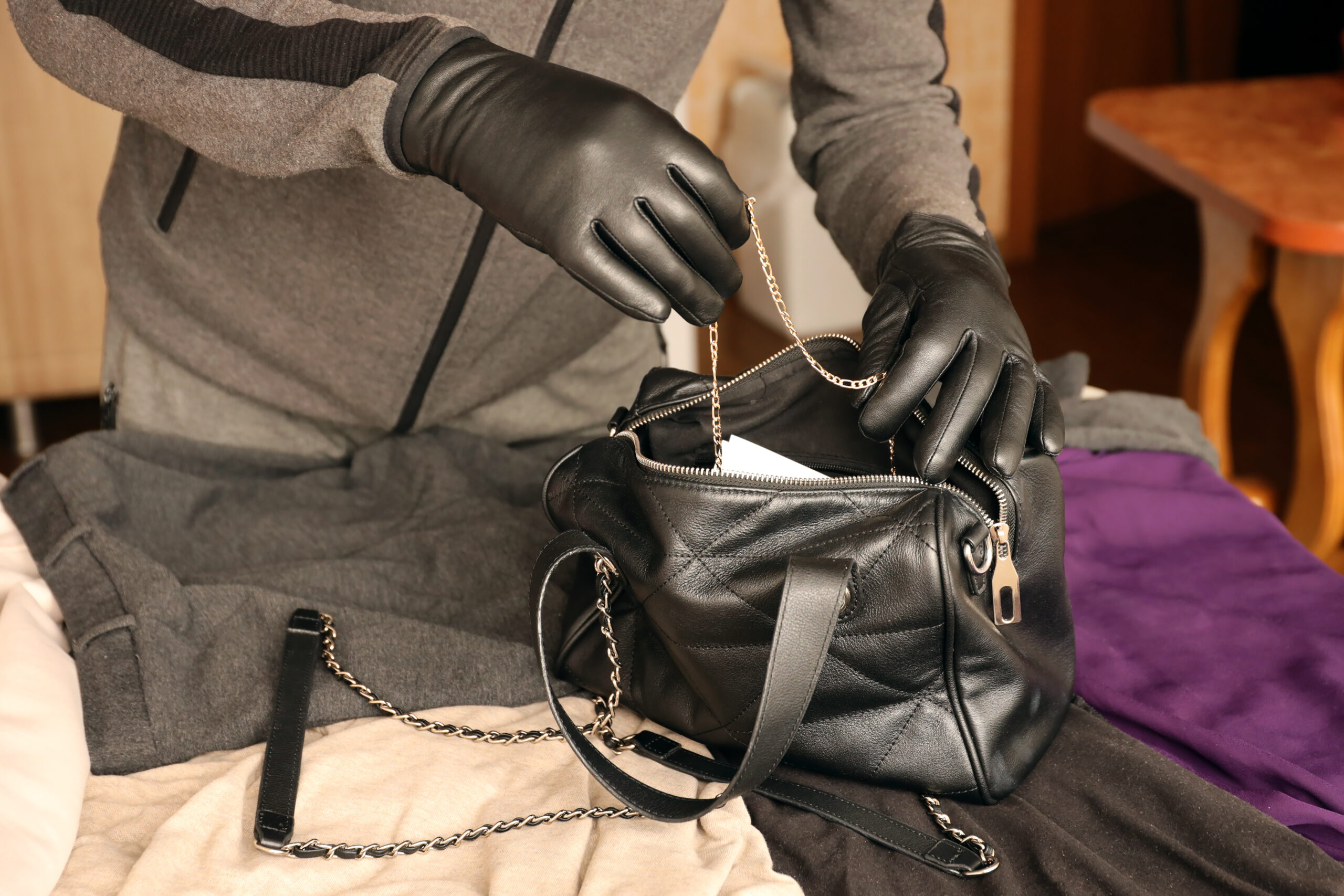What Constitutes Breaking and Entering?
Burglary, called “breaking and entering” in Canadian law, happens when someone breaks into a residence or another building with the intention of committing an indictable offence. If you are charged with breaking and entering in Ontario, contact a Toronto burglary lawyer at once.
Legally speaking, breaking does not require damage to a window or door. Even using a key is “breaking” if the perpetrator intends to commit an indictable offence after entering. “Entering” simply means bringing any part of the body – even a hand or a foot – into the premises.
Convicted breaking and entering offenders may receive largely different penalties. A conviction for breaking and entering into a residence may be penalized with a maximum sentence of life in prison, for instance, but ten years is usually the maximum sentence for breaking and entering into a commercial property.
What Should You Know About Breaking and Entering?
There are two distinct breaking and entering offences: breaking and entering into a dwelling and breaking and entering into a non-dwelling. Across Canada, a residential break-in happens every ninety seconds. Over 132,000 breaking and entering incidents were reported in Canada in 2022.
A dwelling may be a house, an apartment, or any other location that someone is using as a residence. A non-dwelling may be a store, a warehouse, or any other structure or premises that is not being used as a residence.
Breaking into any home, business, or other structure or premises “with intent” is a serious, indictable crime in every province, even if the entrance to the location was unlocked and even if the perpetrator did not, in fact, eventually commit the originally intended indictable offence.
How is Breaking and Entering Prosecuted?
Breaking and entering cases are complicated because the Crown prosecutor must prove both illegal entry and criminal intent. If the Crown can prove beyond a reasonable doubt that you committed any of these actions, you may be convicted of breaking and entering with intent:
- You intended to commit an indictable offence after entering the structure or premises.
- You committed an indictable offence after entering the structure or premises.
- You broke out of the structure or premises after committing an indictable offence.
In order to convict you, the Crown must not only prove that you broke and entered, but it also must prove that you intended an indictable offence such as theft, robbery, or aggravated assault. Your intention at the time you entered the premises is what the court must attempt to determine.
When Will You Need a Defence Lawyer?
If you are charged with breaking and entering in or near the Toronto area, contact the offices of a Toronto breaking and entering lawyer as quickly as you can. Under the Charter of Rights and Freedoms, you have the right to retain legal counsel “in private without delay.”
However, unlike the United States, there is no right to have your lawyer present while you are being interrogated by the police. You may consult with a lawyer before questioning, but there is no law or legal right that requires your lawyer to be present for that questioning.
Almost anyone could be wrongly arrested, photographed, fingerprinted, and charged with breaking and entering because of a misunderstanding or a mistake. If this should happen to you, how will a burglary lawyer defend you against a breaking and entering charge?
How Will Your Lawyer Handle Your Defence?
When a Toronto burglary lawyer handles your breaking and entering case, that lawyer will investigate the charge, develop an aggressive and effective defence strategy, and cast doubt on the Crown prosecutor’s evidence. Possible defences to a breaking and entering charge include:
- Owner’s consent: Someone with a property owner’s consent to enter and/or remain on a property has not committed breaking and entering. If a person mistakenly believed that he or she had that consent, the misunderstanding may be a mitigating circumstance.
- Factual innocence: A defendant may be factually innocent because someone else committed the breaking and entering or because no breaking and entering actually took place and the accusation was fabricated.
- Violation of rights: You are protected from unreasonable searches and seizures, may not be arbitrarily detained, have a right to counsel, a right to be told the reason for an arrest, and a right to be prosecuted within a reasonable period of time.
Under the Charter of Rights and Freedoms, a violation of your rights may prompt the exclusion of evidence or a stay of proceedings – stopping the trial – issued by the judge or by the Crown. If the Crown asks the court to stay the charges, the matter must resume within a year or the case effectively over.
What Else Should You Know?
If people are inside a dwelling when a breaking and entering incident occurs, the incident is considered a home invasion. Breaking and entering that involves a home invasion is aggressively prosecuted, and the penalty for a conviction, in some cases, can be life in prison.
Although a shoplifter may enter a retail establishment with the intention of committing a theft, the crime of shoplifting is not considered burglary, and in most cases, shoplifting items worth less than $5000 is charged as a summary offence rather than an indictable offence.
If you are facing any breaking and entering charge, you must be advised and represented by an experienced Toronto criminal defence lawyer. But with so many lawyers practicing in the Toronto area, how can you choose a lawyer who will defend you aggressively and effectively?
Let William Jaksa Criminal Litigation Advocate on Your Behalf
If you are charged with burglary or any related crime in or near the Toronto area, Toronto breaking and entering lawyer William Jaksa will protect your rights, cast doubt on the Crown’s case against you, and fight to bring your breaking and entering case to its best possible outcome.
Criminal defence lawyer William Jaksa has almost two decades of legal experience. During that time, and working with his team at William Jaksa Criminal Litigation, he has built a reputation among his ex-clients for outstanding client service and among his peers for legal excellence.
If you are charged with a breaking and entering crime anywhere in the Toronto area, now or in the future, schedule your first legal consultation by promptly contacting William Jaksa Criminal Litigation at 647-951-8078. William Jaksa Criminal Litigation will put the law on your side.






